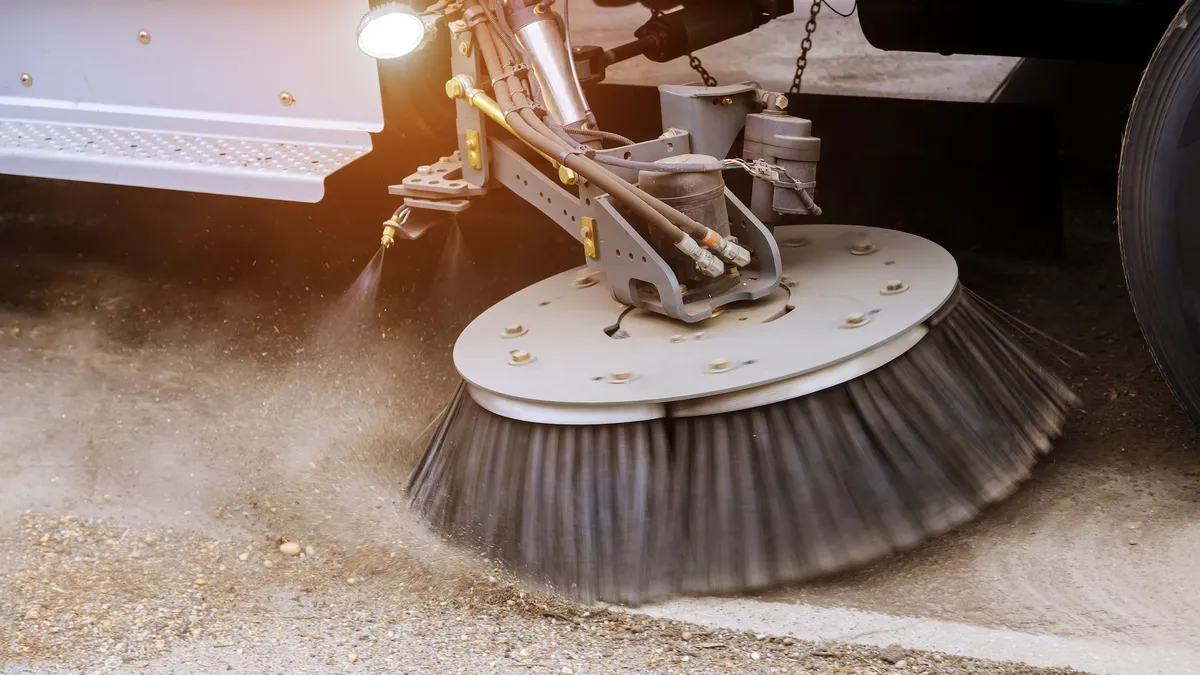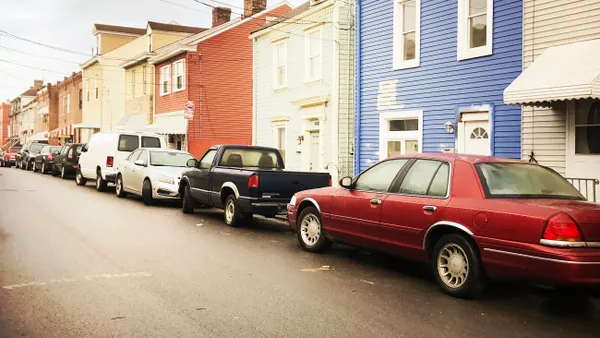Efficient street sweeping is critical for maintaining community cleanliness, managing stormwater runoff, and ensuring public safety.
Without digital routes and real-time data, traditional street sweeping operations are often slow to adapt to changing conditions. Sweeper routes are often outdated and inefficient, leading to increased vehicle wear and tear and unnecessary lane miles. These challenges impact the quality and speed of service, increasing operating costs and frustrating residents.
To fix these problems, Rubicon’s cutting-edge technology platform transforms street sweeping into a data-driven and intelligent operation. There are several notable benefits to digitizing your city’s street sweeping operation.
Digitize and optimize routes
With a sophisticated routing tool, street sweeping managers can digitize, balance, and sequence routes more effectively. This optimization reduces both the total mileage covered and fuel consumption.
By maximizing the efficiency of existing resources, fleets can conserve energy and become a more cost-effective and environmentally friendly operation.
Improve citizen satisfaction
Efficient street sweeping creates cleaner streets and minimizes community disruptions. By identifying and addressing issues at the curb, such as parked cars, road closures, or areas with heavy debris, street sweeping operators can instantly adapt their routes.
This ensures that services are not only efficient but also less intrusive to daily life; a city consistently delivering on the promise of clean streets improves citizen satisfaction.
Greater visibility and control
Access to historical data and real-time analytics is a game changer for city street sweeping operations. This data enables trend identification, schedule optimization, and more effective allocation of resources. Improved reporting, including comprehensive data and insights, is crucial in monitoring and managing operations.
Additionally, real-time monitoring of sweeper activity and route progress ensures that every street is swept thoroughly. This level of oversight and control leads to more efficient, responsive, and accountable street cleaning services.
Increase sustainable practices
Key to sustainability in street sweeping is minimizing fuel consumption, which is achieved by streamlining operations to ensure efficiency. Prioritizing targeted cleaning zones ensures that resources are allocated where they are most needed, avoiding unnecessary use of equipment and fuel.
These practices not only contribute to a cleaner environment but also demonstrate a responsible and sustainable approach to maintaining urban cleanliness.
Increase driver safety
Using Rubicon, cities have access to real-time vehicle and driver behavior data to enhance the safety and efficiency of street sweeper operations. This data is instrumental in improving training programs, ensuring that drivers are well-prepared for the challenges of the road.
Monitoring vehicle performance and driver behavior plays a crucial role in informed decision-making, allowing for timely interventions and adjustments. These resources enable drivers to complete their routes in the most efficient and safe manner, reducing the likelihood of accidents and ensuring smoother operations.
---
To learn more about how Rubicon can help your city maximize resources, optimize routes, and become more proactive, visit rubicon.com/governments.










